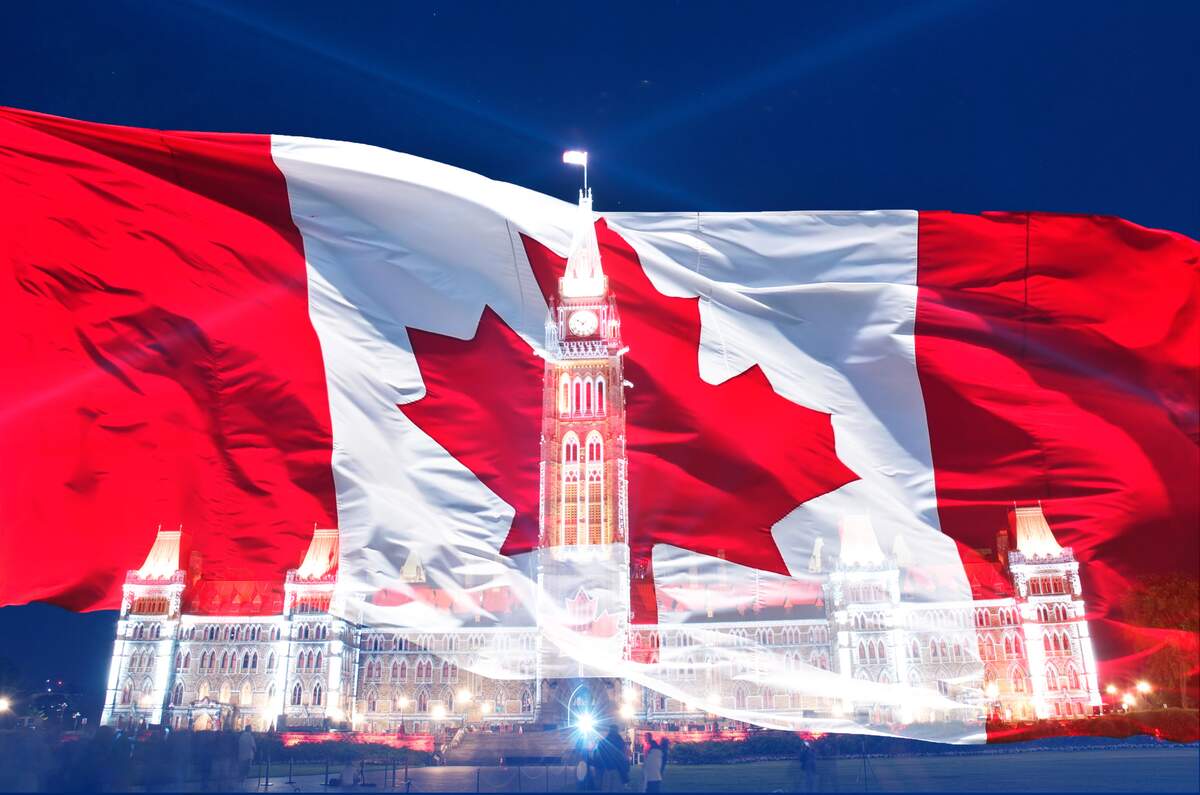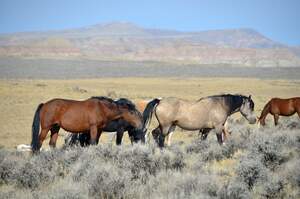

National Respect Canada Day
Observed
annually on July 15th
Dates
Hashtags
Sources
https://www.britannica.com/place/Canada
https://www.cnn.com/travel/article/things-canada-does-better/index.html
https://www.facebook.com/HTMGO/posts/11th-annual-respect-canada-dayapparently-todays-national-respect-canada-daybut-i/3253873164673317/
https://www.holidailys.com/single-post/oh-canada-it-s-national-respect-canada-day-eh
https://www.huffingtonpost.ca/2014/07/15/national-respect-canada-day_n_5589425.html
https://www.infoplease.com/world/countries/canada
Canada often is the butt of jokes and gets a bad rap from others, particularly from its neighbors to the south. What did it ever do to deserve this? Nothing, really, and it's time it was given a bit of respect, for there are plenty of great things about Canada that are worthy of it. Today is an ideal day to show respect because it's National Respect Canada Day. Let's look at some of the things that make Canada worthy of respect, eh?
Canadians are known for apologizing unceasingly. Chances are if you bump into one they'll tell you "sorry." How can a country with such caring people not be shown respect? You've got to respect Canada for their lakes—they have more than any other country—and for having some of the cleanest air on the planet. Surely Canada should be given respect for inventing ice hockey, the world's most famous winter sport. It was created around the turn of the twentieth century, and the NHL was formed in Canada in 1917. The NHL expanded to the United States in 1924, the same year that ice hockey started being played at the newly-created Winter Olympic Games.
Does any other country have law enforcement officers that look half as cool as the Royal Canadian Mounted Police? Respect. You've got to respect Canada for the musicians they've given us, too. Joni Mitchell, Leonard Cohen, Neil Young, Gordon Lightfoot, Alanis Morisette, Shania Twain, and Rush all hail from Canada. Numerous actors, many known for their humor, were born in Canada. Jim Carrey, John Candy, Eugene Levy, Rick Moranis, Catherine O'Hara, Mike Myers, Harold Ramis, Leslie Nielsen, Michael J. Fox, Seth Rogen, Michael Cera, and even Captain James T. Kirk himself, William Shatner, were born in Canada. Canada gave us television programs like SCTV and The Kids in the Hall. And did you know that many films set in other countries, like the United States, are actually filmed in Canada? Much respect.
Canada should also be respected just for being Canada. Covering the northern two-fifths of North America, it is the second-largest country in land area after Russia, although it is one of the most sparsely populated countries. Its 5,525-mile border with the United States, which includes its border with Alaska, is the longest border in the world that isn't patrolled by military forces. There must be some respect there then after all, eh? Most of Canada's population lives within 185 miles of its boundary with the lower 48. The topography of Canada's landscape varies, but its grandeur and beauty is abiding. Its many forests, mountains, and lakes are replete with wildlife, and natural resources and intellectual capital also abound.
Kanata, the Huron-Iroquois word for "a village or settlement," gives Canada its name. During the sixteenth century, French explorer Jacques Cartier referred to the area that he took for France, around what is now Quebec, as Canada. Between 1534 and 1764, France controlled an area along the Great Lakes and St. Lawrence River that they called New France, which was also known as Canada. During this time, conflicts developed between the French and British overfishing and fur trading. In 1713, the British took over Newfoundland, Hudson Bay, and Nova Scotia, and they gained the rest of the French territory following the Seven Years War, which ended in 1763.
After the British took over the area, it was usually called Quebec instead of Canada. In 1791, the British divided what was Quebec into Upper and Lower Canada; these were renamed Canada West and Canada East in 1841, and collectively were known as the colony of Canada. In 1867, with the British North America Act, the colonies of Nova Scotia, New Brunswick, and Canada became the Dominion of Canada. The old colony of Canada was also divided into Ontario and Quebec. By becoming a dominion, Canada now largely had self-rule, but the British crown still controlled diplomacy and military alliances. In 1869, a large tract of land in the continent's middle west was purchased from Hudson's Bay Company, and from it was formed the provinces of Manitoba, Alberta, and Saskatchewan. British Columbia joined the dominion in 1871, and Prince Edward Island followed in 1873. Newfoundland became Canada's tenth province in 1949. Three territories also are a part of Canada: Yukon Territory, the Northwest Territories, and Nunavut.
Canada became self-governing in 1931, but full legislative independence didn't arrive until 1982, when Canada received the right to amend its constitution after Queen Elizabeth II signed the Constitution Act. Indeed, Canada is a constitutional monarchy. It has a federal system and a parliamentary form of government. Parliament consists of an elected House of Commons and an appointed Senate. The prime minister is the leader of the political party that is in power and the head of the cabinet. Provinces also have their own government, headed by a premier and an elected, unicameral legislative chamber.
Toronto, Montreal, and Vancouver are Canada's largest cities, and its capital is Ottawa. Canada is bilingual, with English and French both being official languages. The English-speaking areas resemble Britain in legal and official matters, while French culture and architecture is reflected in Quebec. First Nations and Inuit culture also influence Canadian culture. Canada is a member of the Organization of American States and of the Group of Seven (G7) and is a founding member of the United Nations. Canada tends to play the role of peacemaker in international affairs. Immigrants not only from Britain and France, but from all over the world—from other European countries, Southeast Asia, and Latin America—continue to arrive in Canada, helping to make it a multicultural society.
There are many similarities between Canada and the United States. The countries share a similar culture, for example. But there are many differences, too. Broadly speaking, Canadians lean more towards central government and community, while Americans trend towards individualism. For its similarities and differences to other countries, for its contributions to the world in sport, music, and entertainment, and for just being its unassuming self, Canada is given respect today!
How to Observe National Respect Canada Day
Show Canada some respect! Here are some ways you could do so:
- Visit Canada. Breathe in its clean air! Fish in one of its lakes. Climb up or ski down one of its mountains. Go up the CN Tower or visit historic Old Quebec City.
- Apologize profusely and say some Canadian phrases.
- Fly a Canadian flag.
- Play some ice hockey.
- Listen to Joni Mitchell, Leonard Cohen, Neil Young, Gordon Lightfoot, Alanis Morisette, Shania Twain, Rush, Drake, Justin Bieber, and Rush. You could also listen to some songs about Canada.
- Watch SCTV, Strange Brew, The Kids in the Hall, or another show or film that features a Canadian actor.
- Read a book about the history of Canada.





















